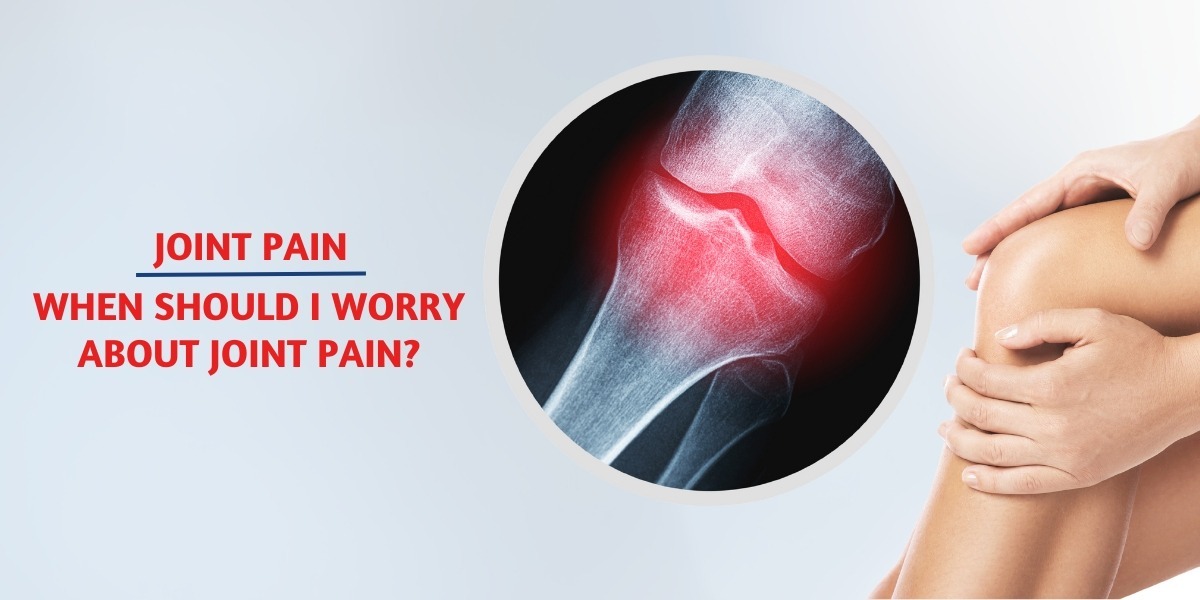Joint pain is a common ailment that affects millions of people worldwide. While occasional discomfort is normal, persistent or severe joint pain can be a sign of an underlying health issue that requires attention. In this article, we delve deep into the causes of joint pain, when to seek medical advice, and how to manage this condition effectively. Understanding the nuances of joint pain is crucial in ensuring timely treatment and maintaining overall health.
Understanding Joint Pain
Joint pain can be managed in various forms, from a mild ache to a sharp, debilitating sensation. It can occur in any joint of the body, including the knees, hips, shoulders, and wrists. The pain may be short-lived (acute) or long-lasting (chronic). Understanding the root cause of your joint pain is the first step toward effective treatment.
Common Causes of Joint Pain
Joint pain can arise from several factors. Here are some of the most common causes:
- Arthritis: Arthritis is one of the leading causes of joint pain. There are several types of arthritis, including osteoarthritis, rheumatoid arthritis, and gout. Osteoarthritis, the most prevalent type, results from the wear and tear of cartilage, leading to pain and stiffness. Rheumatoid arthritis, on the other hand, is an autoimmune disorder that causes inflammation in the joints. Gout is caused by the buildup of uric acid crystals in the joints, leading to intense pain and swelling.
- Injuries: Trauma to the joints, such as fractures, dislocations, or sprains, can cause significant pain. Even after the injury has healed, residual pain and stiffness can persist.
- Tendinitis: This condition occurs when the tendons, the tissue connecting muscle to bone, become inflamed. Tendinitis often affects the shoulders, elbows, and knees, causing pain and discomfort.
- Bursitis: Bursitis is the inflammation of the bursae, small fluid-filled sacs that cushion the joints. This condition can cause sharp pain and tenderness in the affected joint.
- Infections: Infections in the joint, such as septic arthritis, can lead to severe pain, swelling, and redness. This condition requires immediate medical attention.
- Autoimmune Disorders: Conditions like lupus or psoriatic arthritis can lead to joint pain as the immune system mistakenly attacks healthy tissue.
- Overuse or Repetitive Movements: Engaging in repetitive activities, such as typing or playing a musical instrument, can strain the joints and lead to pain over time.
When Should You Be Concerned About Joint Pain?
While not all joint pain is a cause for alarm, certain symptoms indicate that it’s time to seek medical advice. Here are some red flags to watch out for:
1. Persistent Pain
If your joint pain lasts for more than a few days or weeks without improvement, it’s important to consult a healthcare professional. Chronic pain may be a sign of an underlying condition that requires treatment.
2. Swelling and Redness
Swelling, warmth, and redness around the joint are signs of inflammation, which could indicate arthritis, infection, or other inflammatory conditions. Immediate medical evaluation is necessary to determine the cause and prevent further complications.
3. Limited Range of Motion
If you experience difficulty moving the affected joint or notice stiffness restricting your normal activities, it may be a sign of joint damage. Conditions like osteoarthritis or a torn ligament can lead to decreased mobility, and early intervention is crucial to prevent permanent damage.
4. Joint Deformity
Visible changes in the shape or structure of a joint, such as a noticeable bump or abnormal alignment, should not be ignored. Joint deformities can result from advanced arthritis or severe injuries and may require medical treatment or surgery.
5. Fever Accompanying Joint Pain
If you experience joint pain and a fever, it could be a sign of an infection, such as septic arthritis. This condition is a medical emergency and requires prompt treatment to prevent serious complications.
6. Sudden, Intense Pain
A sudden onset of severe joint pain, especially if it occurs after an injury, should be evaluated by a healthcare provider. Conditions like fractures, dislocations, or gout attacks can cause intense pain that needs immediate attention.
7. Weight Loss and Fatigue
Unexplained weight loss, fatigue, or other systemic symptoms alongside joint pain may indicate a more serious condition, such as rheumatoid arthritis or another autoimmune disorder. These symptoms warrant a thorough medical evaluation.
Joint pain can indicate various underlying health conditions, from minor issues to serious disorders. Consulting with an expert like Dr. Vinil Shinde, a leading orthopedic doctor in Kothrud, is crucial to understanding the causes and preventing long-term damage.




